In September 2016, then-20-year-old Yasmine Yusuf had a project for a Global Communication course at the German University in Cairo (GUC). The theme covered the issue of stereotypes and Yusuf decided to tackle a universal and persistent stereotype, one which labels all veiled women as oppressed.
But after completing her project in January in the form of a book she wrote, edited and designed, she decided she didn’t want its outreach to stop there.
And so Yusuf decided to publish it – to offer it generally to readers all over the world and more specifically to readers in the West, as this is where she found the above mentioned stereotype to be most dominant (based on extensive research on the matter).
We had a chat with Yasmine about “Beyond the Veil” and this is what she had to say.
What is the idea behind your book?
Living in Cairo and observing people around me all the time. I noticed that veiled women were frequently labeled as oppressed and backwards, even uncivilised; with several restaurants in Cairo proving the existence of this outlook by banning veiled women from visiting their spaces, along with hotels and resorts which ban them from entering or from swimming in full bathing suits.
However, I was sure that this stereotype wasn’t true.
From knowing and talking to several veiled women, as well as reading veiled women’s stories from other parts of the world, I found that many women believe in the hijab and choose to wear it as a part of their identity and their spiritual connection to God. To be honest, it is their right – the hijab is a personal choice, as well as a spiritual and religious one. The way these women choose to dress is their choice, just like dressing modestly or openly is also a choice.
Hence, we should stand up for these women’s rights – the outlook that says that they are coerced, that the hijab limits them, does not speak for the thousands or millions of women who do not feel this way about their hijab.
My aim with “Beyond the Veil” is to uncover these stories; to provide solid proof that the generalised perception of veiled women, or any group of individuals with a shared set of values for that matter, isn’t true.
How did you tackle your goal?
I realised that if I want to address the stereotype, I needed to show this positive side – the stories of those women who feel that hijab is a big part of their being. So, I searched for stories from all around the world, especially the Western hemisphere, and I read stories from Britain, the US, Afghanistan, the UAE and more. I interviewed several women and I tried to focus on success stories from the Western community (so those living in the West can relate to them), along with other stories from the Middle East.
How did you pick your subjects?
When I announced via a Facebook post that I was interested in talking to veiled women about their experiences, a huge number of women approached me. I tried as much as possible to collect big success stories. Based on my research and observations of those with opposing views to the hijab, I realised I needed to show them that such individuals can do great things – not just be able to maintain a job and earn a living.
Most of the women in my book have become internationally known for what they do. One of the stories is about a woman who became a prosecutor in Afghanistan, a country which doesn’t really favour enabling women to become impactful members of society. Another is a fencer, who won a bronze medal in the Olympics.
My book basically narrates how they became successful and how the hijab sometimes plays a role in that success.
What reactions are you getting so far?
I showed the book in the yearly university exhibition and I made a presentation about it for my final project. I was happy to find that attendees, veiled or not including my German professor, gave a lot of positive feedback.
What are the misconceptions in Egypt regarding hijab?
In Egypt, there is a misconception that the veil is something associated to lower class or worn by uneducated women.
Even positive ways of looking at hijab labels it as the definition of morality, religiousness or conservativeness suggests that the non-veiled women are the opposite of this.
What about the Western world?
A lot of media producers in the West perpetuate such misconceptions and stereotypes about the veil.
I believe this is an important problem to tackle. It is not just that people perceive veiled women as oppressed, but some Western news sites and blogs make them feel like this is the opinion of the majority.
When I started the project, Trump was not yet in power. His election and events that followed made me realize that now, more than ever, is an important time to send Beyond the Veil’s message across. With Trump in power and widespread discrimination and racism, more and more people are realizing how stereotypes, like the one discussed in Beyond the Veil, are not in line with America, and the world’s, current state of diversity. America being a world leader means it has a huge influence on how other countries perceive the matter.
What are you hoping to get out of the book?
To prove that these women are free, through their actions, the way they are living, and the impact they make. These women break the stereotype and prove their point.
Why would that be important for you or for anyone to know? I think it’s important because a book can affect how we look at people; it can redefine our relationships with others.
The world is growing more and more intolerant towards minorities and individuals of certain nationalities or religions, with certain people in control of the power centres of the world. What we need now is more understanding, a willingness to look at things differently, a willingness to open our minds and hearts towards others, to let people in rather than close them out.
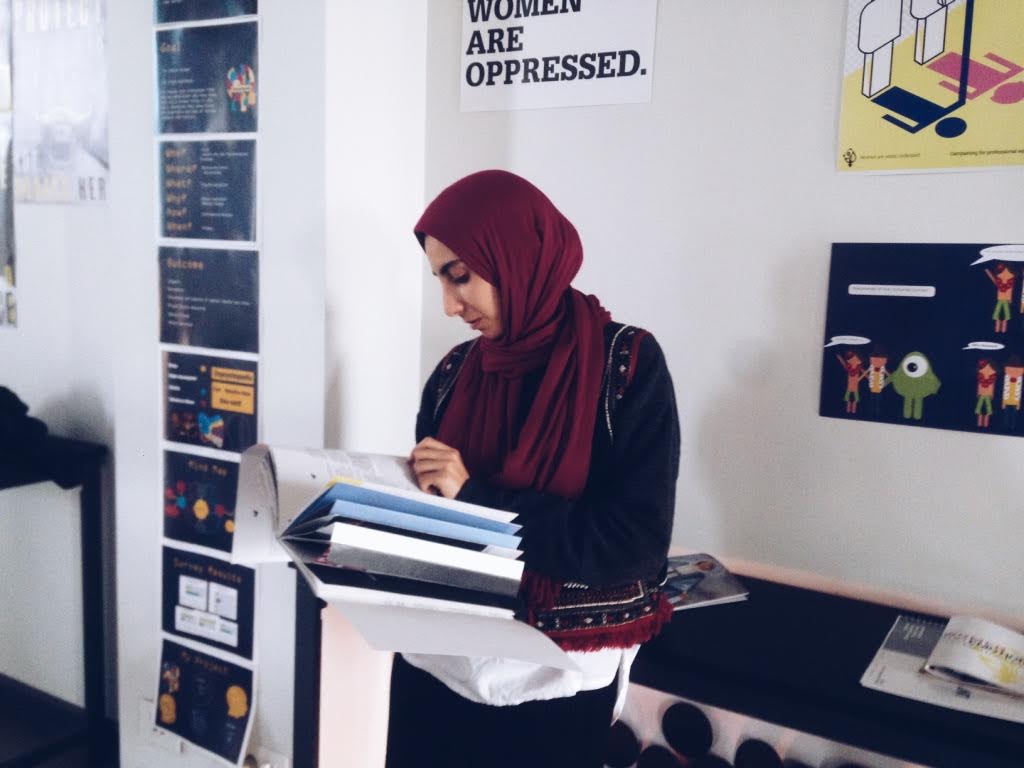
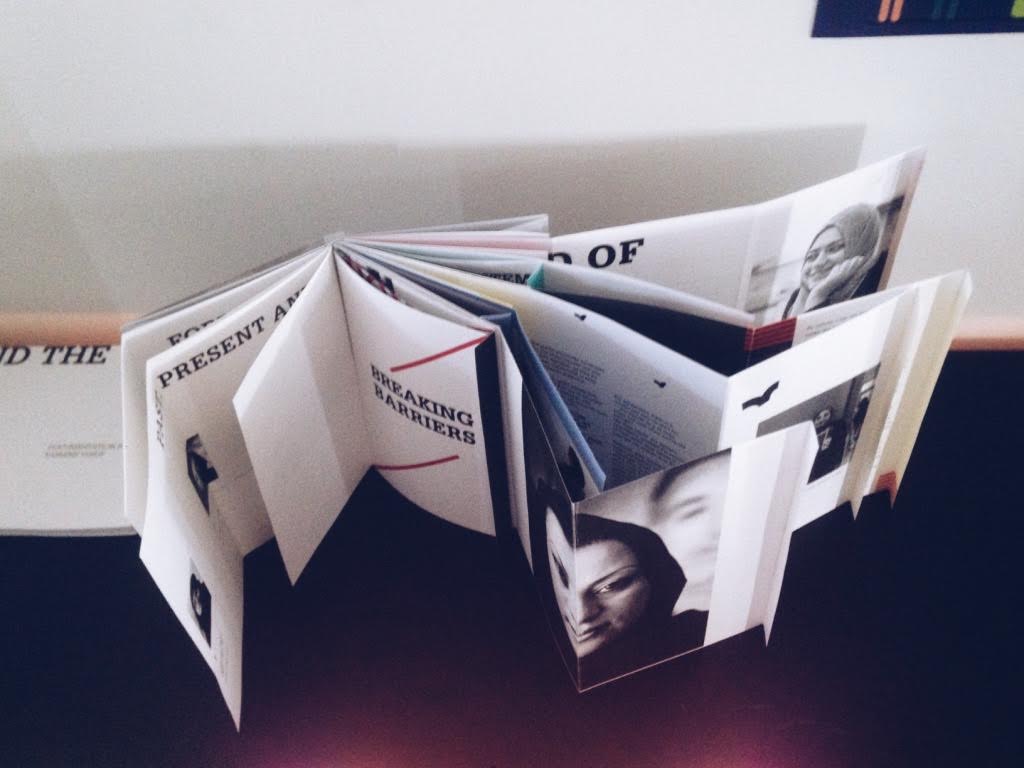
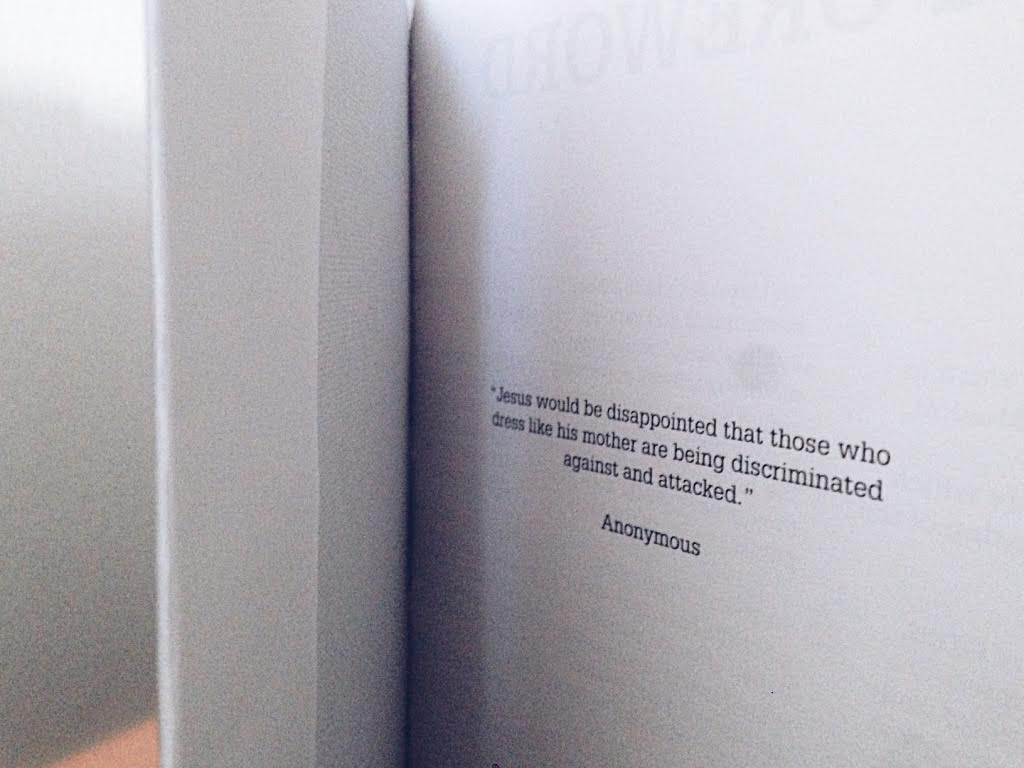


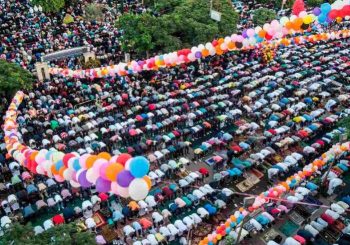
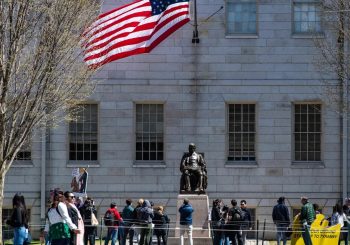
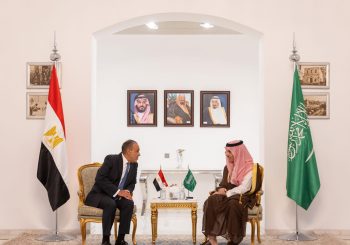
Comments (0)